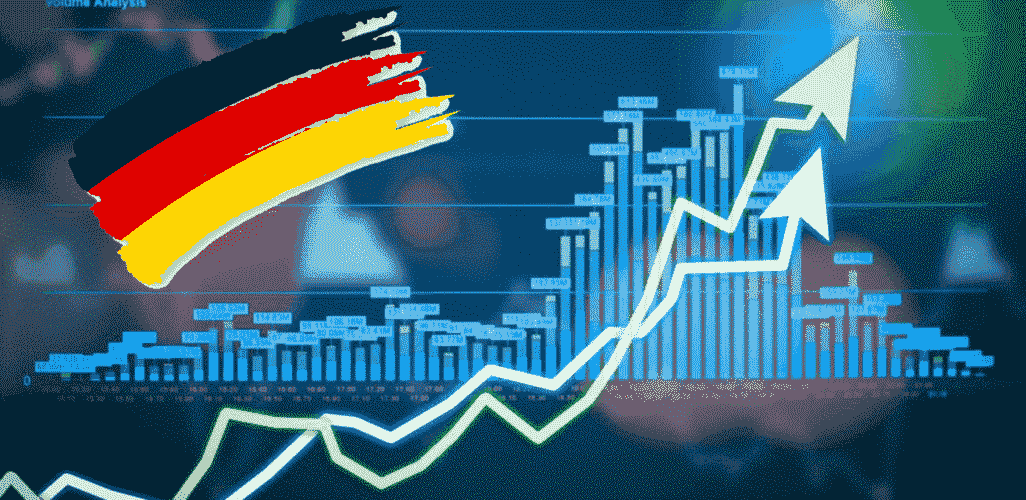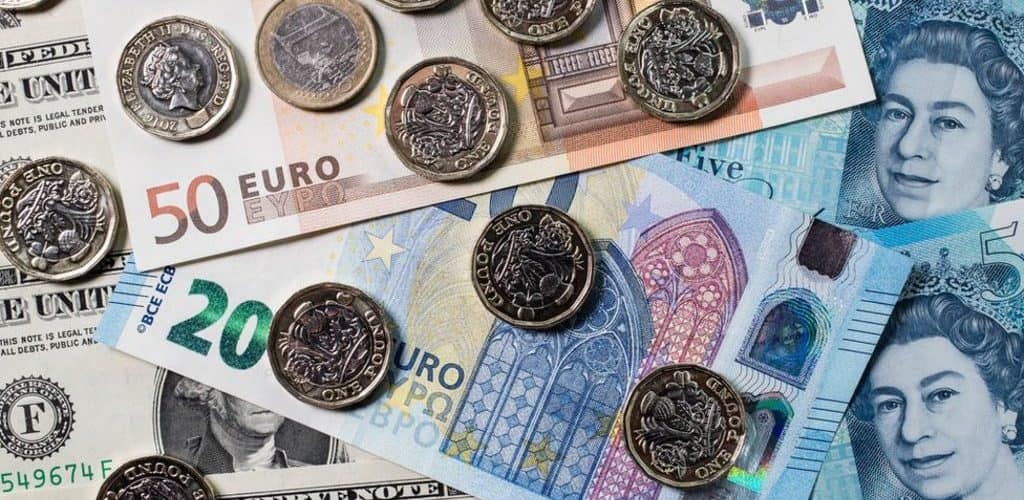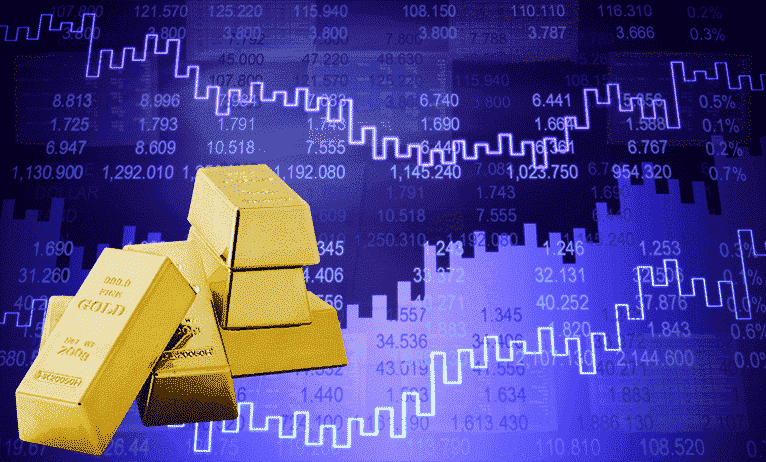The Ifo Index which is an indicator of business climate for Germany’s economic activity and is prepared by the Institute for Economic Research in Munich rose in March, and that has improved the business confidence. The Ifo business climate index increased to 99.6 and surpassed the forecasts of 98.5. Germany is not yet completely out of trouble as the manufacturing sector is at its lowest in six years.
The Ifo index helped the country’s business executives confidence as there was gloom over the economy heading into a recession. The increase in the index is the first in the past six months, and this surprising improvement has provided optimism that there could be a turnaround and the Europe largest economy may be finding its footing. The chief economist at ING Germany said ,
The Ifo index just sent a tentative signal of relief for the German economy. The solid domestic fundamentals, low-interest rates, and a weak euro, still argue in favor of a rebound, mainly on the back of investments, consumption and some relief from the global risk factors.
Central bank heads meet to talk:
The economy in the euro-zone is slowing down due to the protectionist policies by the U.S., the Chinese economy struggling and the Euro-zones own political climate gloomy. All that has prompted the European Central Banks to continue the low-interest rates. Moreover, the members of the Executive Board and a few governors of the central banks are meeting at an event. There are many who are waiting to see the tone of and also check if there will be any change in the outlook of the economy. Chief economist Peter Praet and President Mario Draghi are likely to address the ECB watchers conference to be held in Frankfurt.
The others who are scheduled to address the ECB Watchers are Klaas Knot, Dutch policy maker and Ewald Nowotny from Austria.
In a meeting held last week addressing the European Union leaders said that there is less likelihood of a recession in the Euro-zone and spoke of ‘protracted weakness and pervasive uncertainty.’
Despite the reduction of forecasts by ECB, many policymakers expect the economy to be revived by the later part of the year on the hopes of falling rates of unemployment, increase in wages and demand in the local economy. There is also a stimulus from the banks that will boost public funding and can help the economy and possibly revive it.




